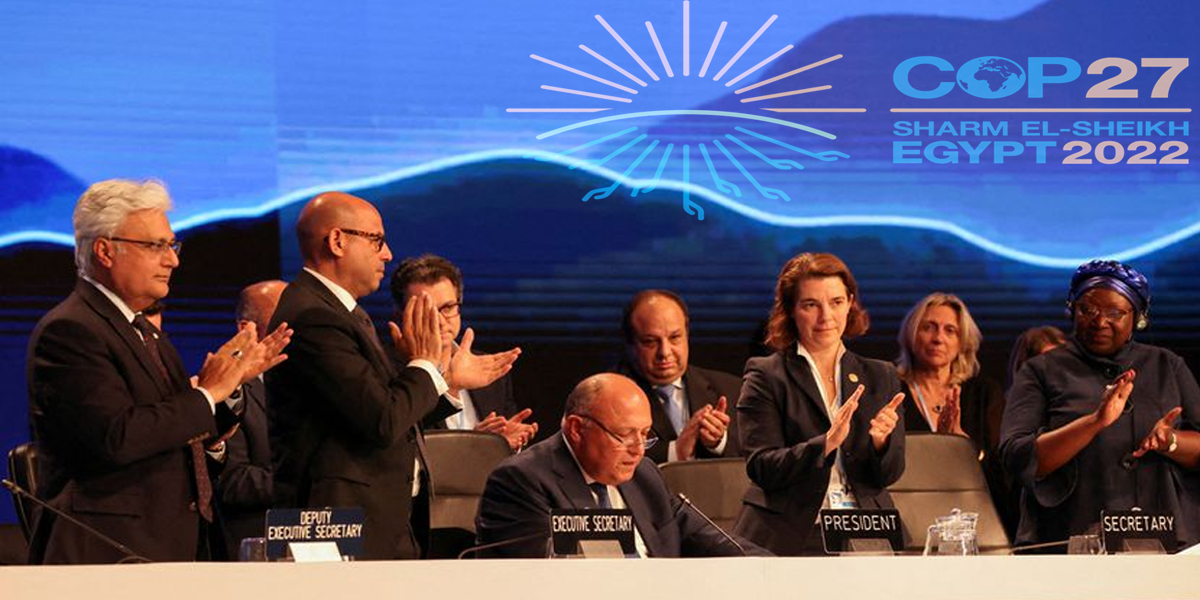It may have faced opposition from some of the world’s richest nations, but this year’s United Nations Climate Change Conference (COP27) will be remembered as the one where developing nations that have borne the brunt of climate change’s most devastating effects can hope for compensatory action from the nations responsible for contributing the most to global warming and environmental pollution.
A Historic Moment
Based on the findings of ecological scientists, small islands, coastal communities, and even landlocked areas in developing nations have been hit hardest by the stronger storms, erratic weather systems, and prolonged drought caused by climate change. That said, the possible creation of a loss and damage fund is seen as a victory in an almost desperately fought battle.
Kathy Jetnil-Kijiner, climate representative for the Marshall Islands, expressed exhaustion following the grueling round of discussions that eventually led to the fund’s approval. But, she was elated by the outcome, especially because she had been warned earlier in the conference that it would be impossible to get within such a short period of time.
Likewise, US special climate envoy John Kerry indicated his support of the deal. While he had to withdraw from attendance in Egypt as he tested positive for COVID-19, the former American lawmaker said that the deal would help establish an improved response to the way climate change has affected vulnerable communities throughout the world. Kerry added that he would also continue to press serious polluters like China to ramp up their efforts to meet zero-carbon and environmental improvement goals.
Time Will Tell
However, climate law experts say it may take several more years before such a fund could be made tangible. As of the end of COP27, the agreement has only presented a roadmap for the resolution of several issues, including how disbursements would be conducted, who is entitled to compensation, and – most importantly – who will take charge of the fund.
What is clear at the moment is that funds are expected to come from a number of existing sources such as stable and globally recognized financial institutions instead of depending on the largesse of richer nations, many of whom actually sought to veto the creation of the fund.
But not everyone was happy with the end result of COP27. Indeed, a number of nations spoke against the summit’s failure to keep the Glasgow Climate Pact made at COP26 last year.
Alok Sharma, one of those who framed the Glasgow pact, was frustrated that ambition-boosting measures to ensure compliance with the agreement seemed to have been ignored during the talks for the final deal of this year’s summit. He remarked that this year’s deal made no reference to the reduction of emissions by 2025, the phasing out of coal use, or even the eventual phase-out of fossil fuels from commercial and industrial use.














